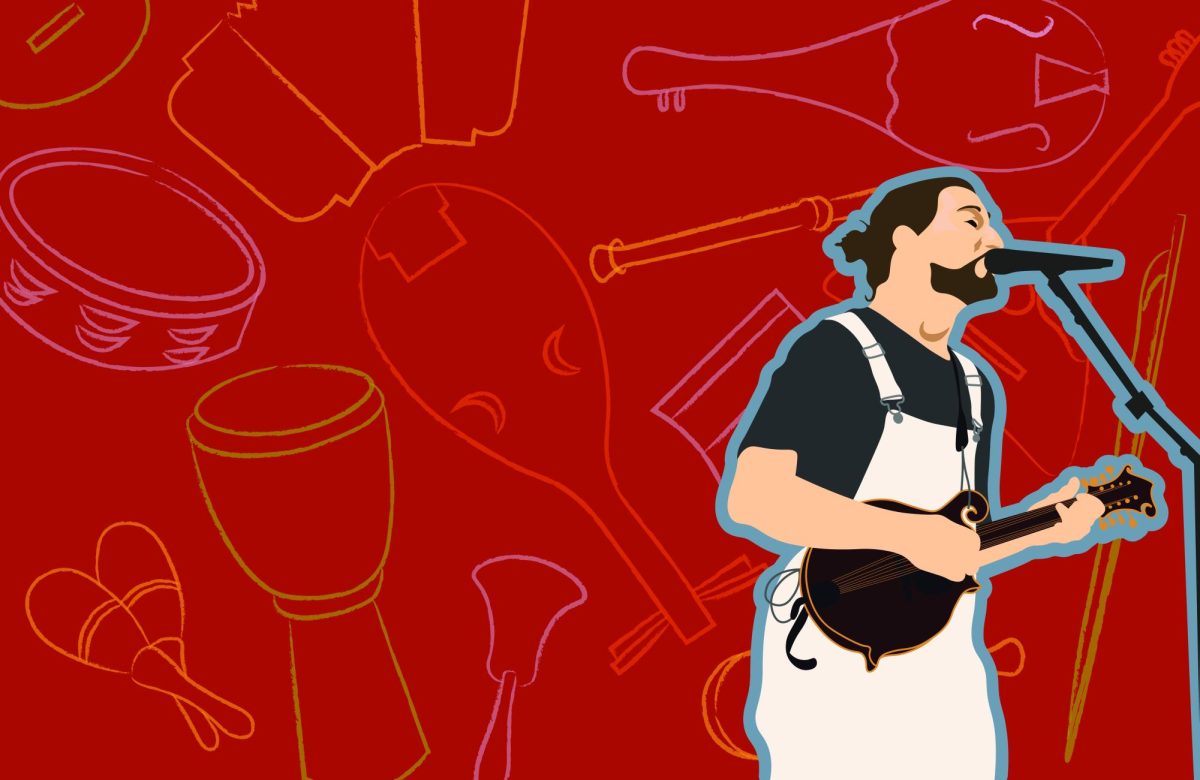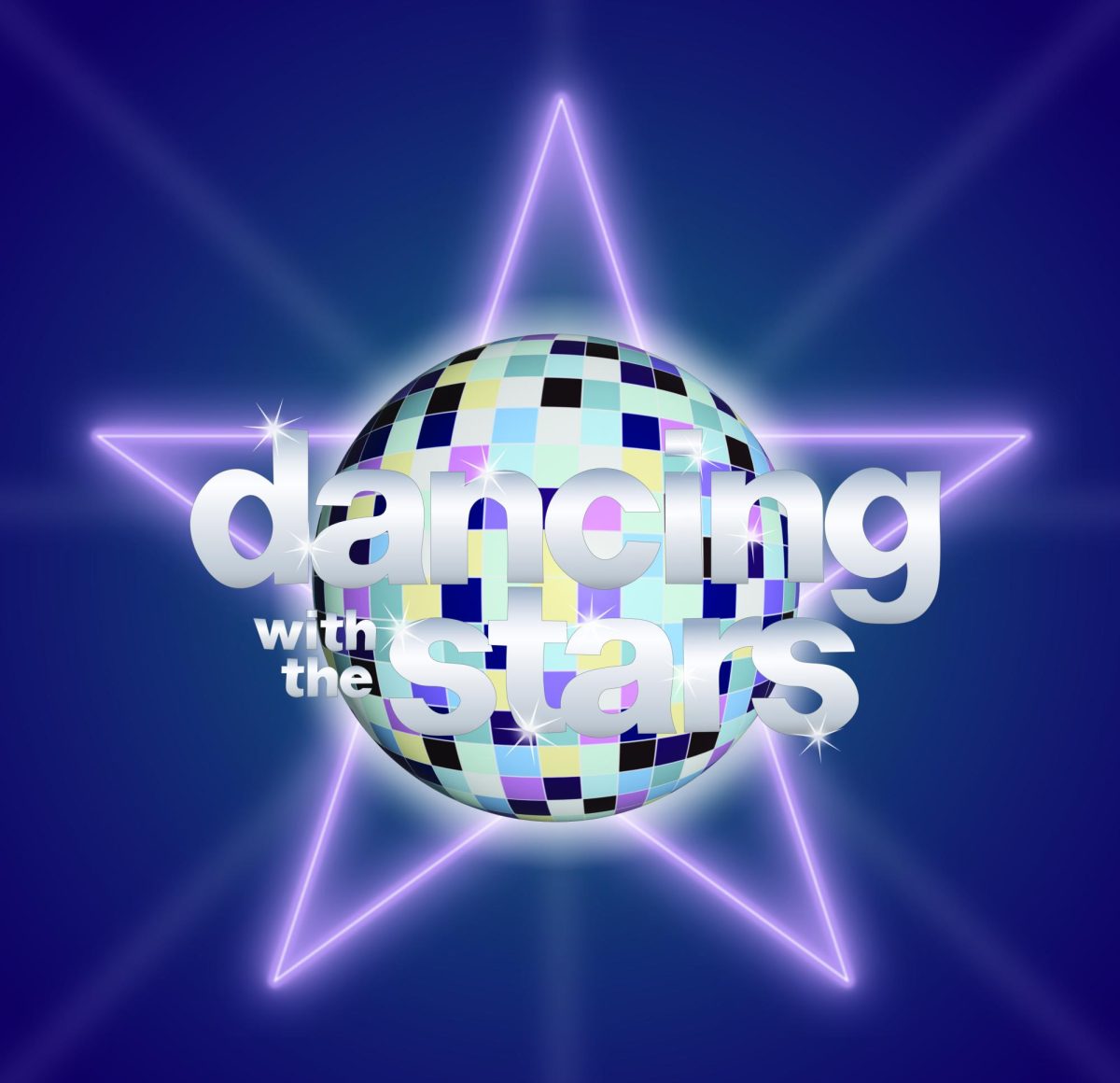When I asked my editor if I could title my column Great Moments in Revolutionary Culture — a nod to an old, underground Kent mag clipping featuring a pre-Pretenders Chrissie Hynde — I had a challenge in mind: little blurbs from the depths of my subconscious made flesh and hopefully making someone smile or feel a little less singular. Unfortunately, it seems that in 2024 numerous facets of this “revolutionary culture” are teetering towards the “endangered species” list.
In dorm rooms across Kent State — and the country — students preoccupy themselves with bonding activities; board games and air fryer nachos are common sights. Pulling up a favored flick or show on the trusty laptop is one such hobby of modern-day collegiate students. Now there’s nothing wrong with this, but it just so happens that the variety of indulgences is dwindling — to a select, pre-approved list of appropriate, relatable materials, known by every human alive and brimming with exquisite mediocrity. Disney Channel sitcoms, fluff flicks starring generically attractive actresses, concert films deifying pop stars whose airwave dominance has lasted decades; safe, non-controversial stories remade and regurgitated in the name of high appeal-slash-profit, low effort-slash-backlash.
This lack of daring is concerning, and I ache feeling like its sole observer. Growing up, I did not watch many Disney movies. I stopped reading the first Harry Potter book halfway through because I got really bored. I’m more of a “curl up in bed and watch Ken Russell movies” type of girl. This puts me in an unorthodox position. Given the current taste climate of “Kent Read Kent Write Kent State,” we might as well be replacing Honors Colloquium with Uncle Walt & Wizard Flick Appreciation Hour, a class I’d surely fail. My mother attended Fellini movie nights in art school in the eighties. We may be languishing in the lame Midwest, but don’t we, too, deserve exposure to that which is above the lowest common denominator?
We all have our creature comforts and guilty pleasures, we’re all seeking rare glimpses of stability and peace amidst the inherent chaos of life. But it’s concerning to consider the totalitarian grip that the intellectual properties forced on us as children still conserve. We’ll deny the existence of anything outside the intentionally small boundaries of our chosen media streams in the name of familiarity, of so-called efficiency. We’ll blow thousands on a vacation to Disneyland, as the superficial pleasures of escaping our mundane existence for a few shiny photos outweigh the inevitable bickering, stress and sunburn. We’ll gladly sell our souls to a billion-dollar conglomerate personified by a talking mouse, inflicting upon ourselves a constant, Huxleyan feedback loop of the same old coddle-schlock, so readily available with the stab of a finger at the iPad screen.
Is this what “expanding your boundaries” is supposed to look like? Is the new face of “encountering new opinions” and “considering different perspectives” drowning in bottom-feeder swaddling by corporations that rely on brain-dead homogeny to survive? With discussions of banned books and freedom of speech clotting the headlines, you’d think that college students, so enthused by the independent thrills of life, would be more progressive in their free time indulgences.
The art of storytelling is as old as the human race, and the peaks of its capabilities deserve better than ignorance in favor of another rerun of cartoons. Cinema specifically, with its multimedia freedoms and tendency to confront audiences with otherwise taboo subjects or even, the stories they never knew they wanted to see is such a relatively new medium despite its already-vast history, a history that continues to reverberate in the most fascinating ways.
We go see a film or a movie because of the analog medium their existence historically depended on and the endeared astoundment that, with those advancements in technology, we could make pictures move — these earliest creations were limited to silence, to monochromatics, and humankind was still so stunned, is still so stunned, that these catchy, even corny names have stuck around and served their purpose, to titillate us, to engage us, to bring us together. That’s weight; that’s substance. So why limit oneself to what everyone’s already seen?
Look up history’s most heavily censored films and see for yourself why they offended authorities so. Head to Last Exit downtown and pick random books until you find an inner flap description that shocks or titillates you, then buy and read it blindly.
Embrace controversy, for it targets what is real. Don’t give into the oppressive narratives and superficial roadblocks that seek to confine your ability to think.
Obsess yourself. Free yourself.
Sophia Swengel is an opinion writer. Contact her at [email protected].



